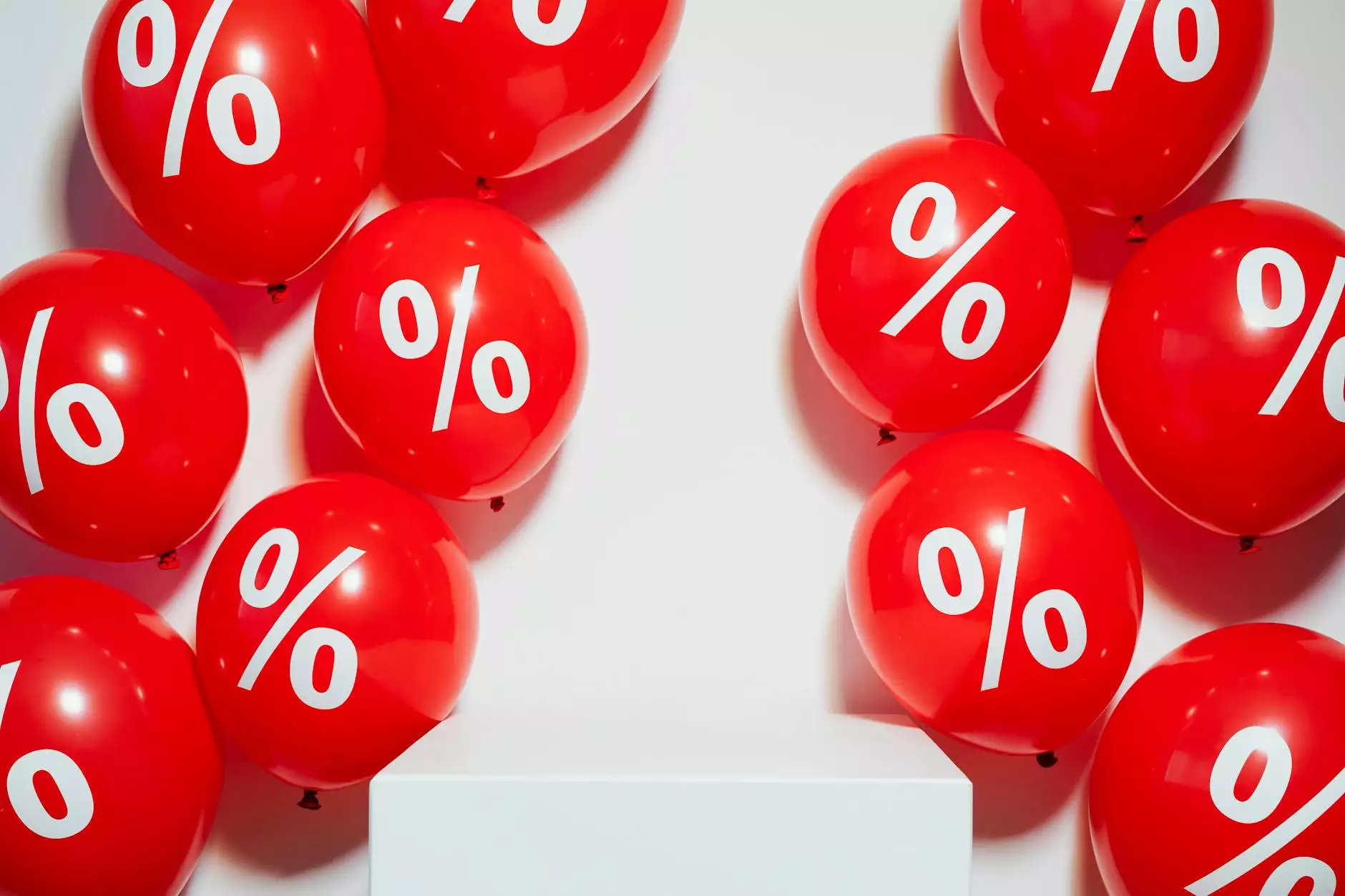The Ultimate Guide to Understanding Prop Firm Pricing

In the world of trading, choosing the right prop firm is crucial to your success. But what does it mean when we discuss the prop firm price? This comprehensive analysis will delve into the factors influencing prop firm pricing, the benefits of partnering with a prop firm, and tips on maximizing your trading journey with the right partners. By the end, you will have a thorough understanding of prop firm pricing and how it can impact your financial future.
What is a Prop Trading Firm?
A prop trading firm (or proprietary trading firm) is a company that uses its own capital to trade financial instruments such as stocks, currencies, and derivatives. Unlike traditional trading models where individuals invest their own money, prop firms recruit traders, supply them with capital, and allow them to keep a portion of the profits. This unique arrangement significantly affects the prop firm price structure and business model.
Why Traders Choose Prop Firms
Traders opt for prop trading firms for various reasons, including:
- Access to Capital: Many traders may not have sufficient capital to trade effectively. Prop firms provide the necessary funds.
- Risk Management: By using the firm's capital, traders can manage their personal risk and exposure, taking bolder trading positions.
- Training and Resources: Many prop firms offer extensive training programs and resources to help traders improve their skills.
- Collaborative Environment: Being surrounded by other traders fosters an atmosphere of shared knowledge and collective improvement.
Components of Prop Firm Pricing
The prop firm price encompasses several components that can affect decision-making for aspiring traders. Understanding these will help you evaluate different firms effectively:
1. Capital Allocation
The amount of capital a prop firm allocates to a trader is one of the most significant factors influencing the prop firm price. Some firms may offer more substantial allocations to experienced traders, while new traders might receive lower amounts until they prove their abilities.
2. Profit Splits
Profit-sharing structures vary significantly across prop firms. Most commonly, firms will offer a percentage of profits back to the trader, typically in the range of 50% to 80%. Understanding the profit split structure is essential in determining the overall profitability of your arrangement with a prop firm.
3. Fees
Some prop firms charge monthly or annual fees to cover administrative costs, trading platforms, or data feeds. Be cautious of high fees, as they can eat into your profits. Compare fees among different firms to find the best fit for your trading style.
4. Training Costs
While many firms provide free training, some may charge fees for specialized courses, mentorship, or access to proprietary trading systems. Assess the value of these offerings before entering into any agreements.
Factors Affecting Prop Firm Pricing
The prop firm price can be influenced by several external and internal factors:
1. Market Conditions
During volatile market conditions, risk management becomes paramount. Prop firms may adjust their pricing structures to mitigate risks and ensure traders can navigate these conditions successfully.
2. Trading Style
Your trading style (e.g., day trading, swing trading, or scalping) can impact the costs associated with a prop firm. Some firms may cater to specific trading styles, which can affect the resources they provide and the related pricing.
3. Firm Reputation
Established firms with a proven track record of success might charge higher prices due to their robust support and resources. In contrast, newer firms might be more competitive in pricing to attract traders.
Tips for Selecting the Right Prop Firm
With an understanding of prop firm pricing, here are some tips to aid your selection process:
1. Research Multiple Firms
Don't settle for the first firm you encounter. Conduct thorough research to compare the offerings, pricing models, and reputations of several prop firms. This will help you find one that aligns with your goals and preferences.
2. Review Training and Support
Assess the quality of training and resources provided by the firm. Successful traders often benefit from training and mentorship, so prioritize firms that emphasize education.
3. Understand the Profit Split
Ensure you understand the fine print behind profit splits and how much of your profits you will actually retain. It's vital to clarify these details upfront before committing to any firm.
4. Evaluate the Trading Platform
The trading platform's usability can significantly impact your trading performance. Ensure that the firm offers a platform that you are comfortable using and that has the necessary features for your trading style.
The Future of Prop Firm Pricing
As trading technology evolves and regulations change, prop firms are likely to adapt their pricing models. The emergence of algorithmic trading and artificial intelligence will lead to new strategies and pricing structures, emphasizing the need for continual evaluation and adaptation.
Conclusion: Investing in Your Trading Journey
Understanding the intricacies of prop firm pricing is an essential step for traders looking to enhance their performance and maximize profits. By selecting the right prop firm and leveraging the resources available, you can pave the way for a prosperous trading career. Remember, thorough research and informed decision-making are crucial in this competitive market.
The prop firm price plays a vital role in your trading success, and being informed about the various factors and structures will empower you to make the right choices. Invest in your trading journey today!









